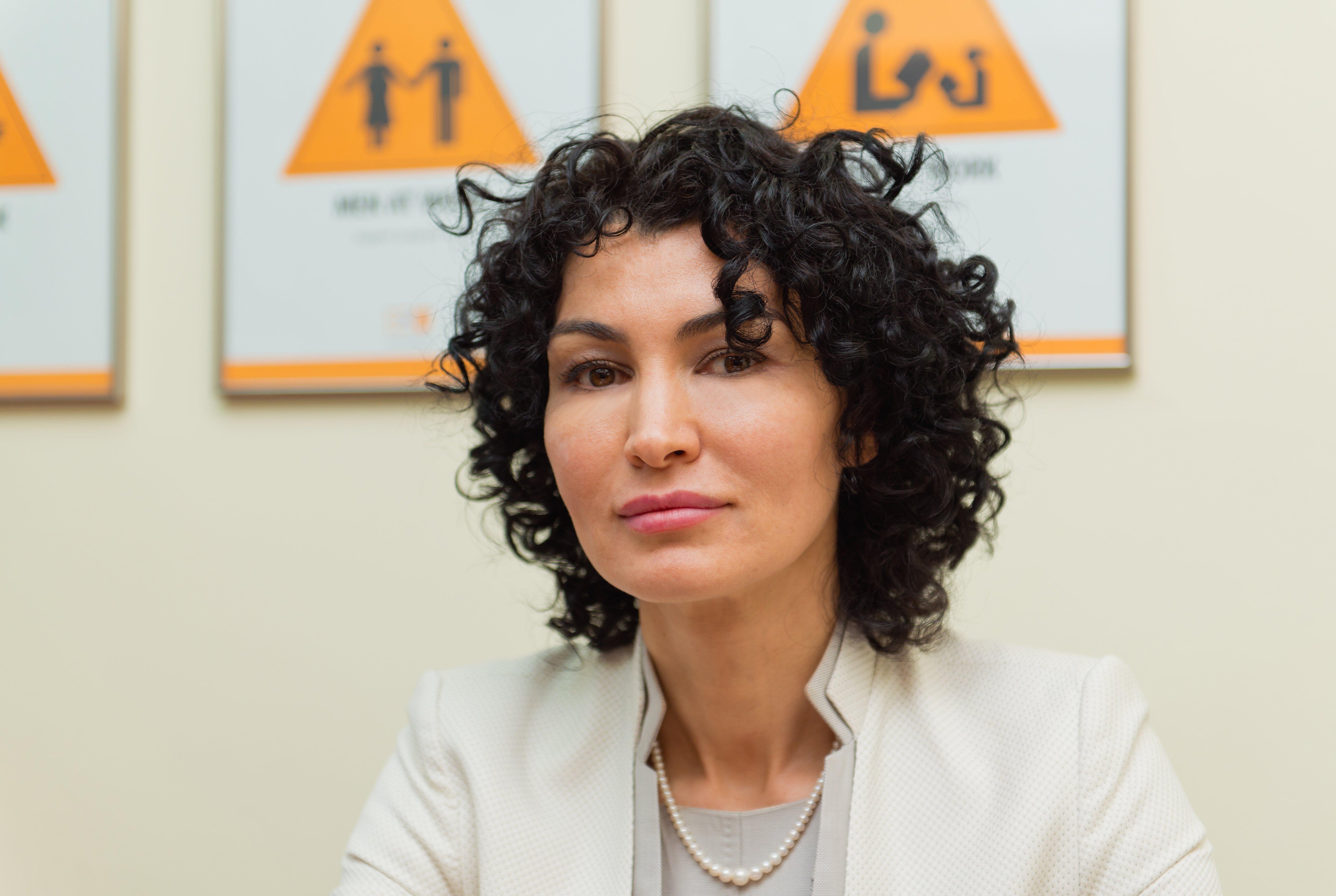The UNFPA Representative in Moldova op.ed. was published in "Ziarul de garda" newspaper in Romanian and Russian on July 28, 2016.
Moldova is one of the youngest countries in Europe. Of its total inhabitants, almost 25 per cent are young people between the ages of 16 and 30. Therefore, the young people, especially young girls, need investments in their education, health and employment opportunities in order to realize their full potential.
The economic and social challenges hit the young population of Moldova hard and as a result, we have increasing emigration, deteriorating the health of youth and increasing risks for harmful behaviours. For many young people, it is difficult to find a job at home. The youth unemployment is three times higher than unemployment among older adults. Young people often resort to unstable work or leave the country in search of better prospects.
Adolescent boys and girls are more often exposed to risky behaviours due to their lack of knowledge on sexual and reproductive health and limited access to youth-friendly services. Young people in Moldova have significantly higher rates of sexually transmitted infections than in other neighbouring countries. Only about one-third of young people, aged 15 to 24, have comprehensive knowledge about HIV. The rate of adolescent pregnancies is still very high in Moldova, reaching 23.2 births per 1,000 teenage girls aged 15-19 years old, compared to 11.0 births per 1,000 teenage girls in the European Union member states.
Although the risks of limited knowledge and information on sexual and reproductive health have been recognized by the Government, and the Law no. 138 on Reproductive Heath adopted in 2012 envisages access of young people to mandatory comprehensive sexuality education in schools, this is not being yet a reality in Moldova.
Parents are not well equipped to either support their children in making informed choices and practice a healthy lifestyle. Moreover, young people in Moldova are often left alone to deal with these challenges. According to some estimates, about 100,000 children in the country have been left behind by migrant parents.
Behind statistics, there are lives of young people. Every day we hear stories about teenage girls getting pregnant and giving up on their education, young women struggling to make a decision about their motherhood, or women experienced violence.
To ensure that each adolescent girl and boy has a bright future in Moldova and reaches her or his full potential, thus contributing to the economic and social development of the country, we should focus on and stand up for human rights. Young people, especially the most vulnerable young people, should be assured that their rights to education, health, including sexual and reproductive health, and freedom from violence are fulfilled.
Developing human capital by giving a voice to youth and investing in them, especially in teenage girls, as more vulnerable in this context, is essential for Moldova. Increasing access to quality health services and education on sexual and reproductive health, ensuring youth participation, will help young people to realize their rights and be active citizens of Moldova, but most important – it will contribute to the economic growth of the country. Healthy and educated youth means empowered and healthy adult generation in the future who can propel economic growth and ensure the prosperity of the country.
I have met very dynamic and talented young people in Moldova, and that makes me believe that there is a lot of potential for prosperity of this country.
Investing in young people is in everyone’s interest. When a teenage girl or boy has the power, the means and the information to make her or his own decisions in life, they are more likely to realize their full potential and become a positive force for change in their family, community and country.



